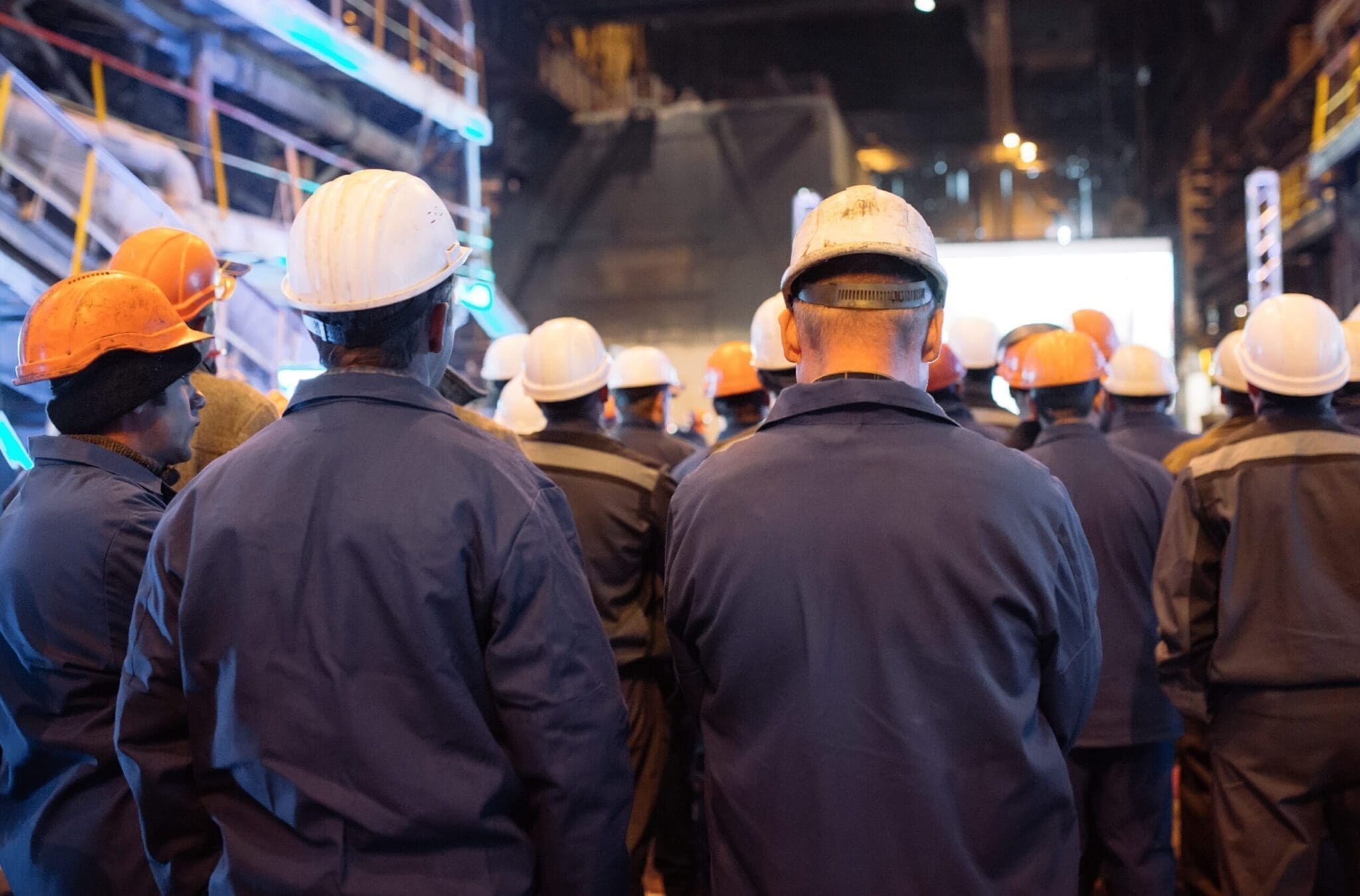2020 may have felt like a year when ‘normal’ life was put on pause, but the COVID-19 crisis also shone a spotlight on and even aggravated existing patterns of inequality. With many companies unable to monitor their sites or supply chains as closely as they would like, the task of combatting forced labour and modern slavery was made more difficult.
Disruption that touched millions
More difficult, but not impossible. Two new human rights reports from Human Rights Watch and Amnesty International highlight that while the pandemic affected almost every corner of the globe, it didn’t hit pause on the many existing problems fuelling modern slavery in supply chains. In fact, with less active oversight the problem may have got worse.
As Amnesty International states:
“Some government measures to tackle COVID-19 had a discriminatory impact on marginalized groups. Lockdowns and curfews led to particularly high numbers of workers in the informal economy losing their incomes without recourse to adequate social protection.”
Human Rights Watch comments that the recent US presidential election presents an important opportunity to strengthen the international community’s commitment to human rights:
“The world has changed, and so must the promotion of human rights. Many rights-respecting nations have responded to the void created by Trump’s indifference and hostility to human rights by stepping forward and playing a more active leadership role.”
We believe that businesses need to step up and take the lead in the fight against forced labour and modern slavery in supply chains too.
We help companies address the challenges of building ethical supply chains all over the world. This means helping our clients make sure there are no instances of forced labour or modern slavery in their global supply chains, but it also means staying up to date with shifting global political and economic events.
Human rights in Europe
To help stay up to date, below is a summary of the reports’ findings in our key markets, with research we conducted.
The UK
Both human rights reports are critical of the current UK government’s attitude towards human rights. Amnesty states that the government’s response to the pandemic “raised human rights concerns in relation to health, immigration policies, domestic abuse and housing”. Both reports highlight how statutory exclusions and restrictions on access to employment, welfare accommodation and health care likely impacted the ability of immigrants to earn a living.
In our experience, it is when people become desperate that they stand more chance of falling prey to forced labour as defined in the Modern Slavery Act 2015. Research shows that during the first lockdown the construction sector had the highest number of incidents of forced labour or labour abuse with 107 cases and 350 potential victims.
This is backed up by our own audits during the pandemic. Our team safely interviewed over 500 workers on sites across the UK. We found more than half (52%) did not have to provide original copies of documentation as evidence of eligibility to work. Furthermore, 23% were made to pay management or administration fees to secure work while 6% had not been paid at the agreed rate. These are all prime indicators of potential forced labour or modern slavery.
The Nordics
The two reports list several actions taken by governments across the Nordic region that could potentially push groups already vulnerable to exploitation into a more precarious position. Between February and mid-December, the Swedish government also carried out a series of forced evictions of EU nationals living in informal settlements without offering alternative accommodation. In Finland, there are still concerns that many social security benefits remain below the levels required by the European Social Charter.
In a positive development, the Danish government adopted a legal framework requiring businesses to exercise human rights due diligence in their operations – including supply chains.
Some businesses may be surprised when they begin scrutinising their supply chains through the lens of human rights. Our 2020 audits in Norway found similarities between the Nordic region and the UK in terms of poor practice and some instances of potential exploitation. For example, HGV drivers at a distribution centre we visited had not been issued with a contract of employment, with three reporting they’d faced active discrimination in the workplace. On a wind farm, we found two operatives who said they were working mandatory overtime that was not stated in their contract and that they were not being paid for.
Spain
The economic shock of COVID-19 led to widespread job losses across Spain. As Human Rights Watch notes:
“In May 2020, the government announced a Minimum Vital Income scheme (IMV), as a form of financial support to people living in “very high” or “extreme” poverty on less than €4,350 (US$5,105) per year. The system, expected to reach 850,000 households, was soon overwhelmed with applications and the government extended its deadline for retrospective claims.”
With many looking for employment, it is important that companies pay special attention to their supply chains. There are many indicators of forced labour or modern slavery in supply chains. For example, the changes to the way people are finding work due to the pandemic has seen instances of checking right to work documents over text or WhatsApp without any face-to-face meetings increase. This is ripe for abuse.
The need for full visibility
Combating forced labour and modern slavery in supply chains starts with enhancing visibility. When suppliers and contractors operate without effective oversight, corners begin to get cut and unlawful practices can be missed. Our Ethical Business Programme (formally Labour Practice Audits) give companies a view of exactly what is going on and helps them ensure their suppliers are free from unsafe practices and modern slavery. Learn more about how we can help your company have accurate and reliable labour data to reduce the risk of force labour and modern slavery in your supply chain.
You can find out more here.


